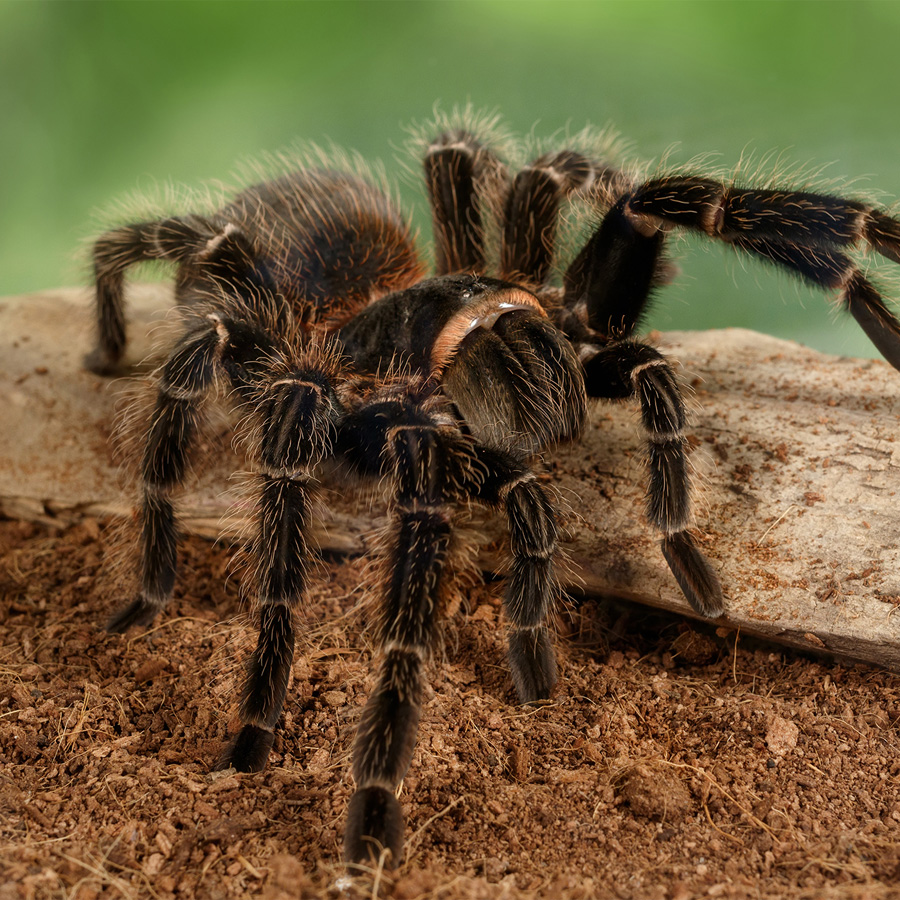
Lasiodora parahybana SALMON PINK BIRDEATING TARANTULA Phelsuma Farm
The Salmon Pink Birdeater Tarantula is a large species of tarantula that can obtain a leg span of almost 1 foot. These spiders are native to North-Eastern Brazil and are regarded as being the third largest species of tarantula in the world. It is a species of 'New World' Tarantula.
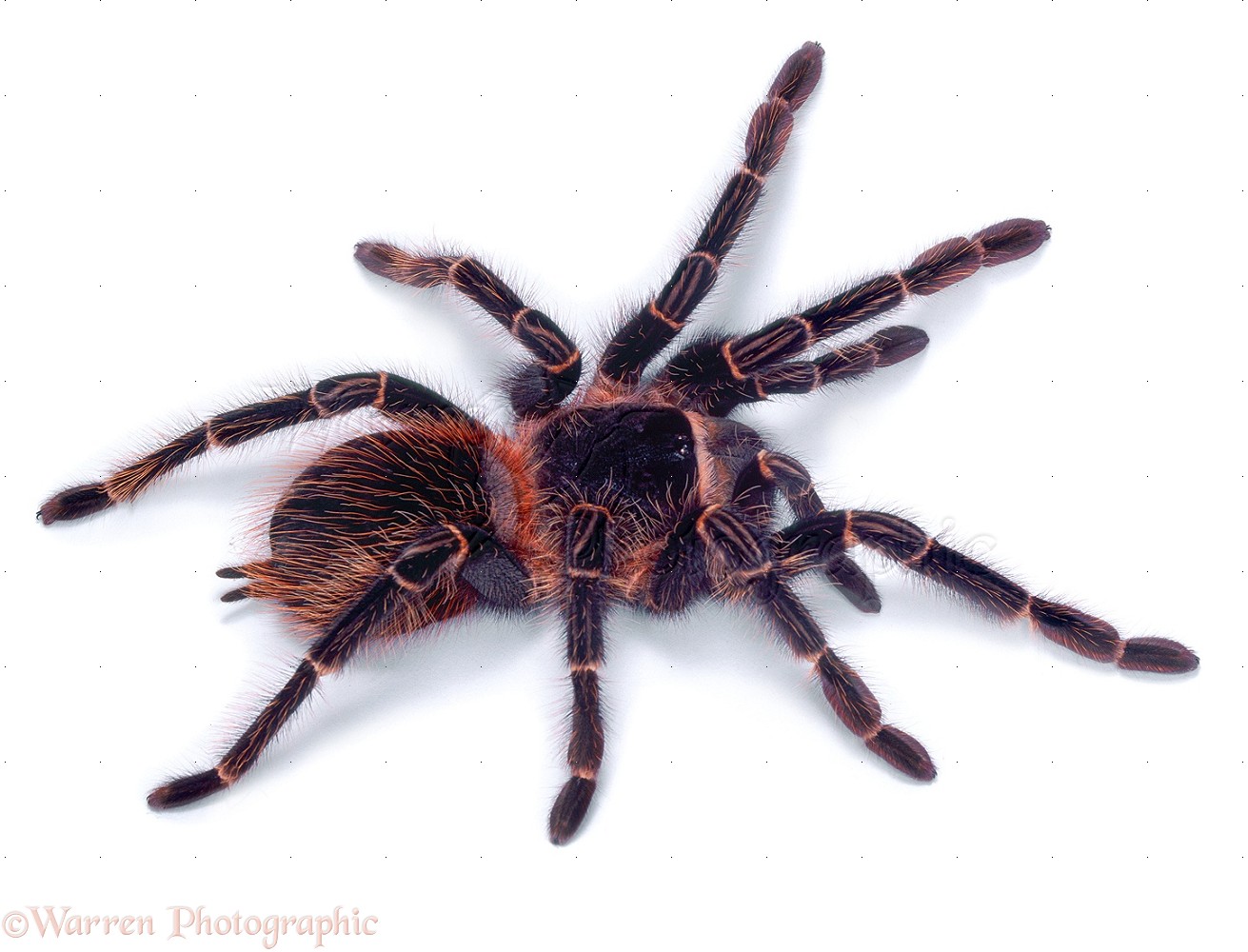
Giant Salmonpink Birdeating Spider photo WP06382
Size: Its body is about 7 inches (17.78 cm) in length while it has a leg span of 8 to 10 inches (20.32 cm to 25.4 cm). They grow at a fast pace, being about 6 inches (15.24 cm) by the time they are a year old. Color: They have a greyish-black body with pinkish-red hairs on their legs.

Brazilian salmon pink birdeating tarantula Chester Zoo
Ambushing its prey from inside rotting logs and leaf litter of the Amazon rainforest is one of the biggest spiders in the world: the Brazilian Salmon Pink Bird-eating Tarantula. Brazilian Salmon Pink Bird-eating Tarantula Facts Overview Salmon Pinks are bird-eaters in name only, as far as we know.

Brazilian Salmon Pink Bird Eating Tarantula Spider Coming Out Of Bird Nest HighRes Stock Photo
The Brazilian Salmon Pink Bird-Eating Tarantula is glossy black, and when it is an adult it has pink-red hairs along its legs and abdomen. It is hairy, with long legs. When it is threatened, it raises its two front legs in the air. It has fangs and can bite. Adult males have a black shell, called a carapace, on its back. It measures about 25.

Meet the salmon pink birdeater Salmon pink, Salmon, Tarantula
Common name: Brazilian Salmon Pink Bird-eating Tarantula One of the largest in the world, often cited as the second or third largest (after the Theraphosa blondi). Leg span reaches 8-10 inches. They are popular as pets in the tarantula hobby, although not recommended for beginners. They are fast, large, and will possibly kick urticating bristles if aggravated. Not quick to bite, however, this.

Brazilian Salmon Pink Bird Eating Tarantula [Lasiodora Parahybana] YouTube
The Brazilian salmon pink bird-eating tarantula is one of the biggest spiders in the world! Their leg span can reach a massive 28cm! The species was first discovered in 1917 by Cândido Firmino de Mello-Leitão, a Brazilian zoologist who is considered the founder of Arachnology in South America.

Salmon Pink Birdeater (Lasiodora parahybana) Care Sheet
The third largest Tarantula in the world, the Brazilian Salmon-pink Tarantula or Bird-eating Spider has a leg-span of up to 11 inches (28 cm). It is native to Atlantic forest floor of northeast Brazil.

Salmon Pink Birdeater Feeding YouTube
Lasiodora parahybana, the Brazilian salmon pink bird-eating tarantula, also simply known as the salmon pink or LP, is a tarantula from north-eastern Brazil and considered to be the third largest tarantula in the world. They are popular pets in the tarantula hobby due to their large size and readiness to breed. They are also considered to be.
Brazilian salmon pink bird eating tarantula. Aka Priscilla r/spiderbro
Lasiodora parahybana, the Brazilian salmon pink bird-eating tarantula, also simply known as the salmon pink or LP, is a tarantula from north-eastern Brazil and considered to be the fourth largest tarantula in the world (behind the three species in the genus Theraphosa ).

Female Brazilian salmon pink bird eating tarantula (Lasiodora parahybana), third largest
Lasiodora parahybana, the Brazilian salmon pink bird-eating tarantula, also simply known as the salmon pink or LP, is a tarantula from north-eastern Brazil and considered to be the fourth largest tarantula in the world (behind the three species in the genus Theraphosa).. Contents. Description; Behaviour; Breeding; In captivity; References; Further reading; It was discovered and described in.
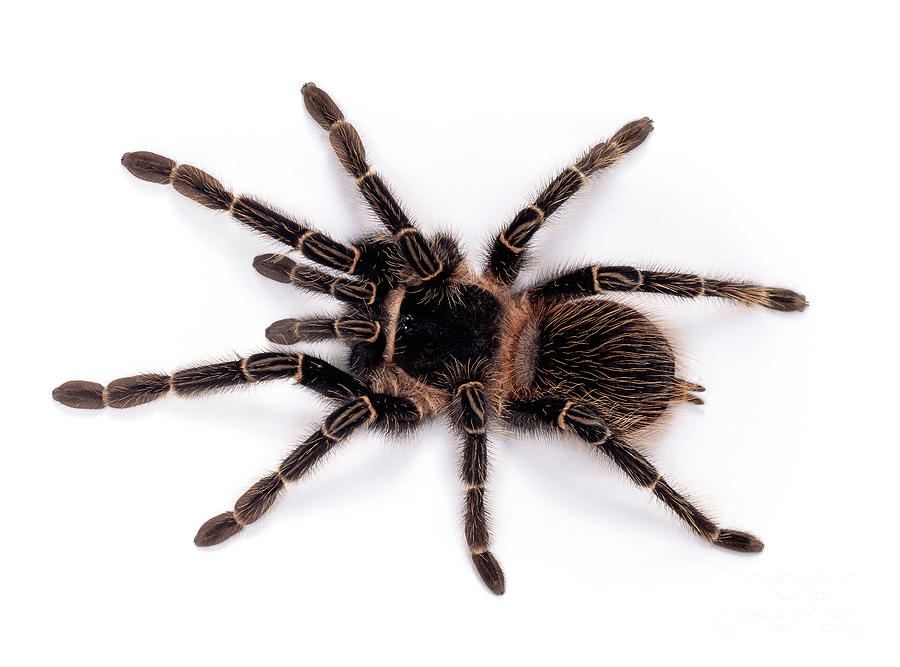
Brazilian Salmon Pink Birdeating Spider Photograph by Warren Photographic Fine Art America
The Brazilian pink salmon birdeater scientific name is Lasiodora parahybana, and they hail from the Brazilian rainforests. Its genus name is derived from the Greek word that means "shaggy," and rightly so because aside from being a giant tarantula, it is also one of the fuzziest of its kind.

Brazilian Salmon Pink BirdEating Tarantula All You Need to Know Niche Pets
The Salmon Pink Birdeater is a South American spider, hailing from the Atlantic forests of north-eastern Brazil, especially in the Campina Grand area. As such this species is attuned to living in hot, humid environments. Like many species in such habitats, these spiders tend to grow rapidly.

Lasiodora parahybana Brazilian Salmon Pink BirdEater Theraphosidae Pinterest Spider
Lasiodora parahybana , or the Brazilian Salon Pink Birdeater, is one of those tarantulas. This guide is intended to provide a comprehensive care sheet for this fantastic tarantula, telling you what to expect and how to properly keep it. Purchasing a tarantula? Check out our tarantula essentials list! Table of Contents

Brazilian salmon pink birdeating tarantula (Lasiodora parahybana) by Chernilevsky
The Brazilian salmon pink bird-eating tarantula ( Lasiodora parahybana) is one of the top five largest spiders in the world and has a name nearly as big as its leg span. However, while it is truly a giant, it is also docile enough to be widely kept as a pet, and its bird-eating reputation is unfounded.

P1010011 Spiderling Brazilian Salmon Pink Birdeating Tarantula, Lasiodora Parahybana CCEP 2019
Lasiodora parahybana, the Brazilian salmon pink bird-eating tarantula, also simply known as the salmon pink or LP, is a tarantula from north-eastern Brazil and considered to be the fourth largest tarantula in the world (behind the three species in the genus Theraphosa ).
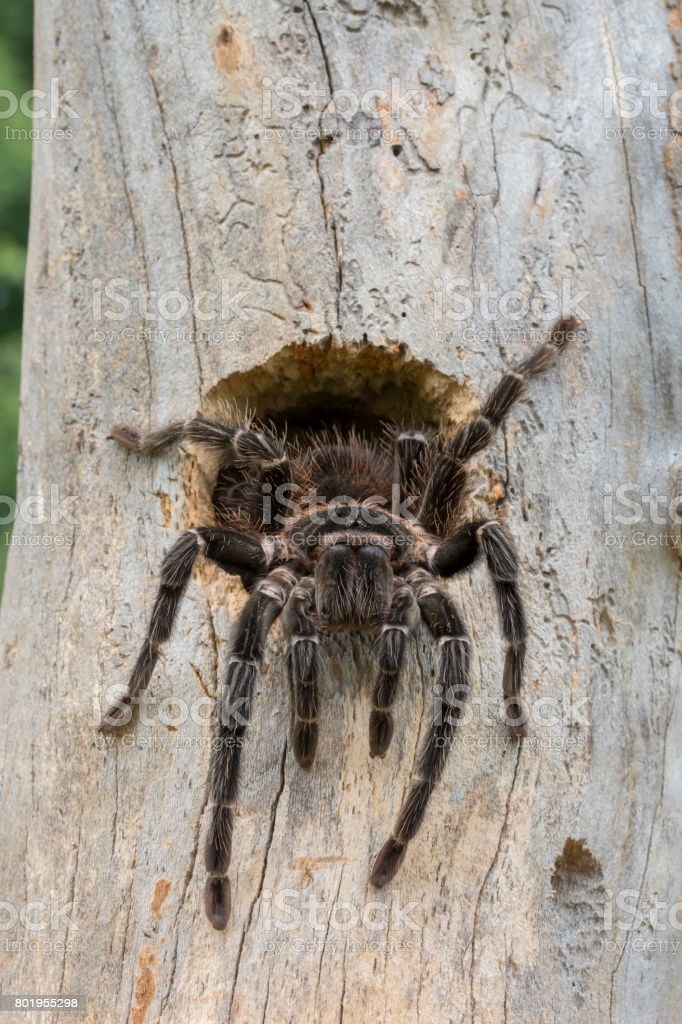
Brazilian Salmon Pink Birdeater Tarantula/Spider Daniel’s Animals
Lasiodora Parahybana, commonly known as Salmon Pink Birdeater Tarantula, is a South American spider from northeastern Brazil. This species is argued to be among the top four largest tarantulas worldwide, growing anywhere from 8 to 11 inches. Salmon Pink Tarantulas are not natural climbers and rarely leave the terrain.